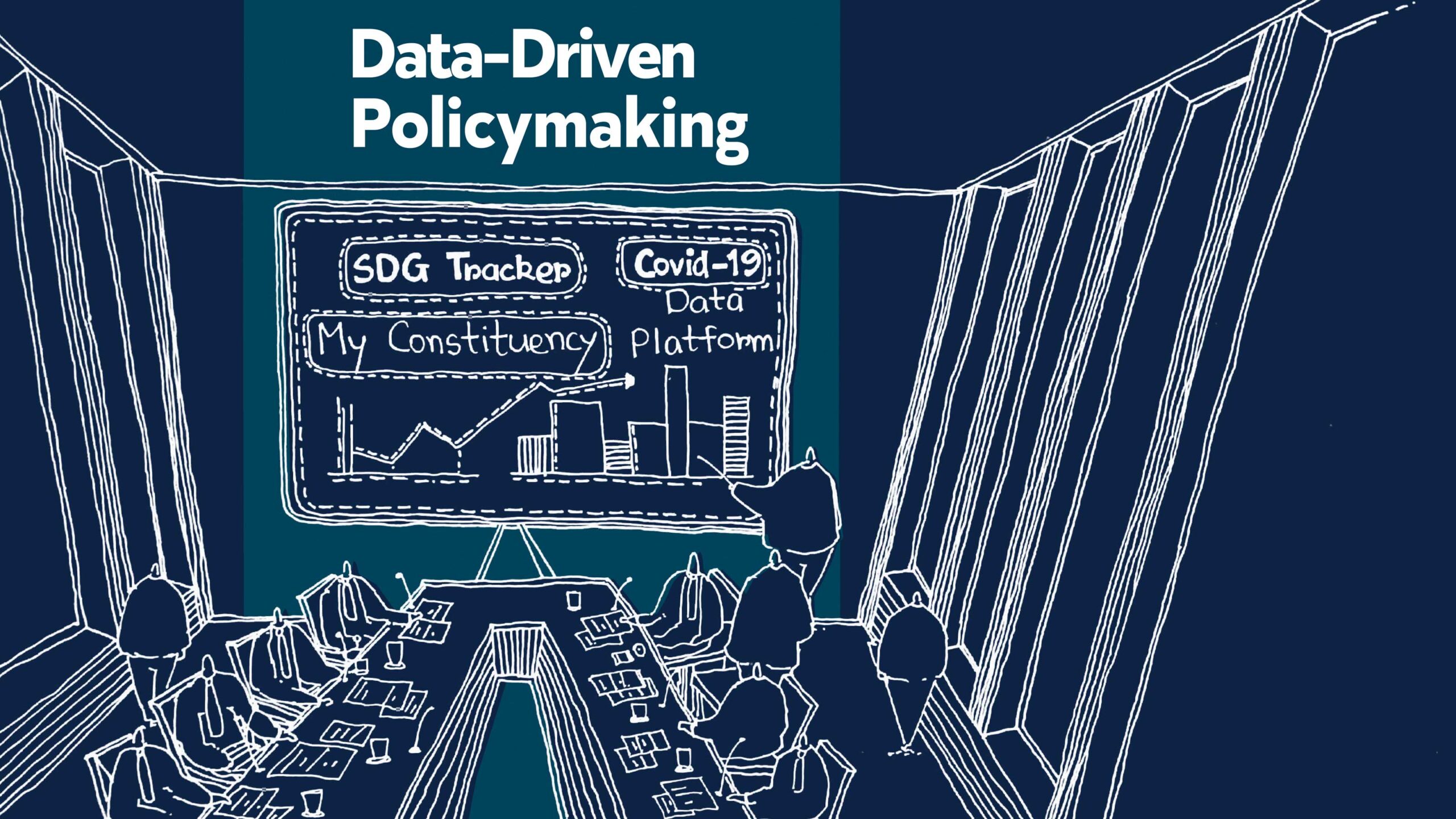The Union Ministry of Housing and Urban Affairs is making raw data from Indian cities available on a single platform for academics, researchers, and stakeholders to help data-driven policymaking.
About Amplifi 2.0
- The Amplifi 2.0 (Assessment and Monitoring Platform for Liveable, Inclusive and Future-ready urban India) portal was launched by the Union Ministry of Housing and Urban Affairs .
- It aims to provide a consolidated platform for tracking and evaluating the performance of cities across different aspects.
- The website provides data on a range of information for several cities, including total consumption; number of samples tested for water quality; average annual expenditure on healthcare; number of slum dwellers; and road accident fatalities.
- The initiative also provides the opportunity to create new frameworks based on open data.
- The 14 sectors are demography, economy, education, energy, environment, finance, governance, health, housing, mobility, planning, safety and security, solid waste management, and water and sanitation.
- Currently, 258 urban local bodies have been onboarded, and data for 150 cities is available on the portal.
- “While onboarding the cities, we found that there is a lack of data maturity in cities, and thus only 150 civic bodies were able to share their data.
Approach
- Earlier, the Ministry used data provided by the civic bodies to rank cities based on four indices — the ease-of-living and municipal performance indices and climate smart cities assessment and data maturity assessment frameworks.
- Amplifi 2.0 hopes to bring an evidence-based approach for developing future-ready cities.
The Urban Outcomes Framework, 2022, which has been developed for the Ministry by the National Institute of Urban Affairs and PwC India, shifts the focus from the indices to data with a comprehensive list of indicators. With this, data across 14 sectors are streamlined to increase focus on data collection, and disaggregated data can be analysed by experts.
About Urban Outcomes Framework 2022
- It is an initiative to develop a transparent and comprehensive database based on cross-city outcomes across sectors such as Demography, Economy, Education, Energy, Finance, Environment, Governance & ICT, Health, Housing, Mobility, Planning, Safety and Security, Solid Waste Management, Water and Sanitation.
- It also encompasses the third round of Ease of Living (EOL), Municipal Performance Index (MPI), Climate Smart Cities Assessment Framework (CSCAF) and Data Maturity Assessment Framework (DMAF).
- The central objective of this exercise is to generate a robust database so that time series analysis and progress tracking can be conducted in order to achieve aspired social and economic progress through generating data that will drive evidence-based policymaking.
- It aims to democratize data by making it accessible to all urban stakeholders in the Government, academia, citizenry, and industry.
Urbanisation in India
- India has been witnessing rapid urbanisation over the past few years.
- By 2030, India is projected to have 60 crore (40%) of the population living in urban areas compared with 37.7 crore (31%) in 2011.
- The 2011 Census shows that urban India contributed 63% to the country’s GDP, and this is projected to increase to 75% by 2030.

